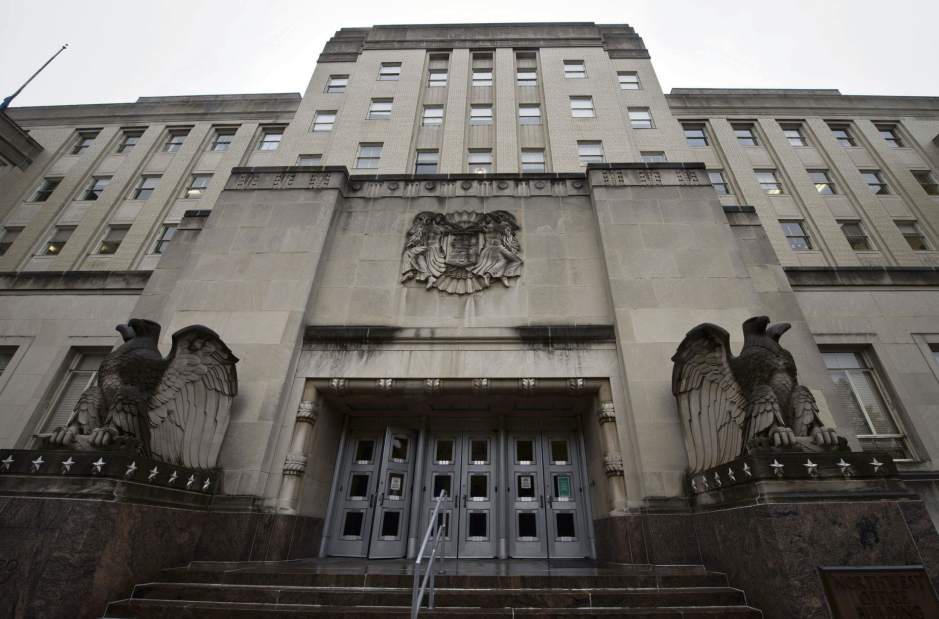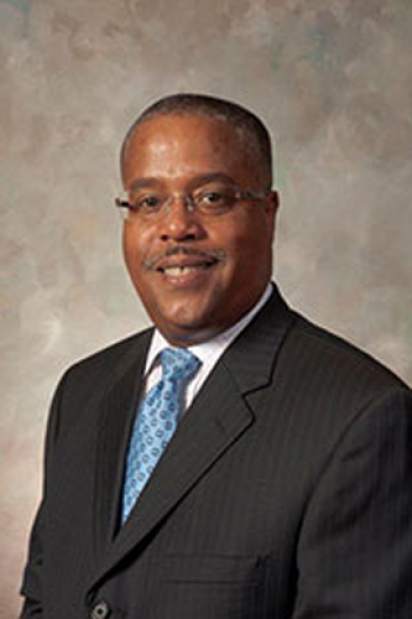Big PLCB scandal, little accountability: What monopoly fosters
Four alcohol vendors implicated in a Pennsylvania Liquor Control Board pay-to-play scandal should face a severe legal hangover. But an agreement with federal prosecutors spares them criminal charges.
The vendors merely have to pay $9 million-plus in combined penalties, implement so-called compliance measures and promise not to do it again.
The state Ethics Commission found three former top PLCB officials who accepted golf trips, cash and other gifts from these vendors violated the state's ethics rules and Liquor Code. It ordered them to repay $23,000-plus combined and correct financial disclosure forms — but didn't recommend criminal charges. Only one of them — James H. Short Jr., former marketing director — has been prosecuted, pleading guilty to one federal count of honest services fraud in September 2015. He faces up to 20 years in prison and a $250,000 fine — but has yet to be sentenced, according to PennLive.
This all falls far short of full accountability, on both sides. And the vendors might well see those penalties as simply the cost of doing business with the PLCB.
The general counsel for one vendor, North America's largest wholesale alcohol distributor, tells the Trib its corrupt gifting was “isolated to Pennsylvania.” And what distinguishes Pennsylvania's alcohol business? Its archaic state liquor monopoly, which fostered this corruption.
That's a compelling reason to do away with that monopoly — before it leads to another scandal.


